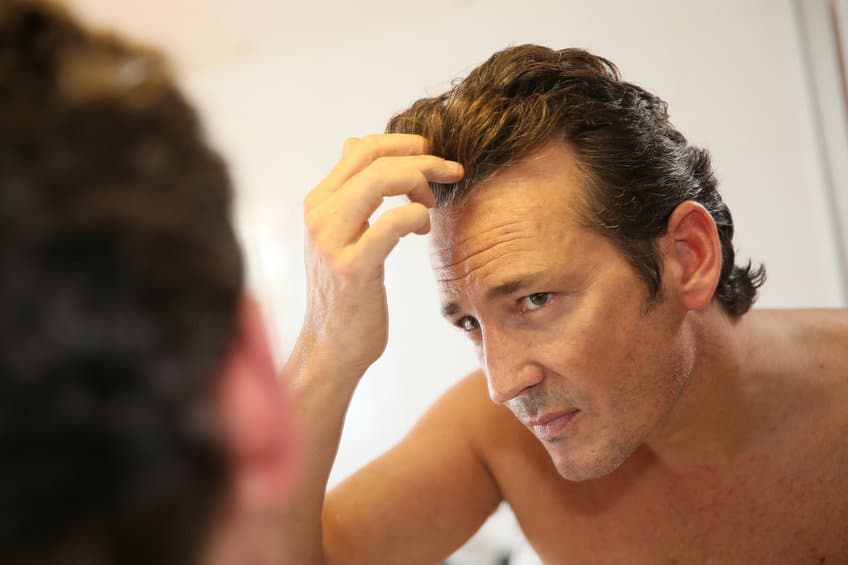By Andrew Amouzou –
Eventually time catches up to everyone and there’s no better reminder of this than the sight of that first gray hair. What leads to those grays? There are several explanations. Some point to genetics, others to overall health, but probably no explanation is as discussed as stress. Okay, maybe frazzled nerves aren’t the main culprit, but recent research indicates stress probably contributes to the great graying.
Genes, of course, play a large role in hair development, especially in those who see their first gray hairs at a young age, which is considered as a premature graying. Penn Medicine Chester County Hospital adds that race can also play a role in how early gray hair appears, noting Caucasians tend to see gray hair earlier than Asians and African Americans.
As with most things, a poor diet can also negatively impact how soon someone may see gray hairs. Penn Medicine includes deficiencies in protein, Vitamin B12, copper, iron and zinc as large determining factors leading to changes in hair health and color. Additionally, excess alcohol consumption and smoking are avenues that invite premature graying.
But beyond these factors, a recent Harvard University study indicates stress may be equally to blame.
The basis of the study was centered around the common belief that stress has a direct connection to hair graying. The researchers took their first look at the body as a whole, not knowing which system created the connection between stress and gray hair. The team began its research looking at the immune systems of mice. They specifically examined what would happen if their immune systems were attacked. Although immune cells varied in the mice, significant hair graying was still seen as these systems were compromised.
The team’s next step was to look at the hormone cortisol, reported Ya-Chieh Hsu, an associate professor at Harvard University.
“Stress always elevates levels of the hormone cortisol in the body, so we thought that cortisol might play a role,” Hsu said. “But surprisingly, when we removed the adrenal gland from the mice so that they couldn’t produce cortisol-like hormones, their hair still turned gray under stress.”
Researchers then shifted to the sympathetic nervous system and saw a connection. Stress caused the sympathetic nerves to release the chemical, norepinephrine, into the hair follicles, which activates an excessive number of pigment-producing cells, too much for the typical strand of hair, resulting in the follicles becoming depleted.
Hsu concluded that once the pigment-regenerating stem cells are lost, they cannot generate pigment and are therefore damaged permanently.
To fight the big bad stress monster and possibly avoid graying, stress management and counseling are recommended, Healthline reports. Initial steps include saying “no” to additional tasks if you have a full plate, setting aside time for favorite hobbies or meditation, and daily exercise.
Bottomline, gray hair is something that most don’t look forward to but is largely unavoidable. However, developing healthy mental habits and destressing strategies can go a long way towards putting off that new shiny hairdo.











